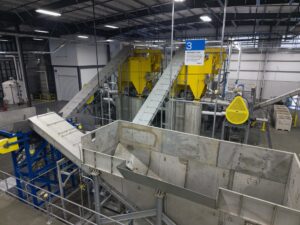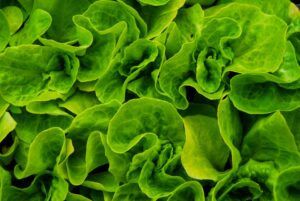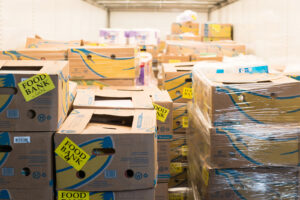June 24, 2025
Written by Divert’s GM of Industrials, Andrew Johnston. Originally published in Food Engineering Magazine, June 2025.
Food manufacturers and distributors operate in an environment defined by instability — not as a disruption but as a constant. Commodity prices swing without warning. Trade policy shifts mid-quarter. Conflicts overseas ripple across global supply chains in days.
Amid this volatility, long-held assumptions about predictability in sourcing, production and distribution no longer hold. This shift is forcing companies across the food value chain to rewire their operational strategies. The new priority isn’t just efficiency — it’s resilience.
Industrial food and beverage companies are adopting circular economy models not only for their sustainability value but for their ability to stabilize operations.
Click here to continue reading the article at Food Engineering Mag.



